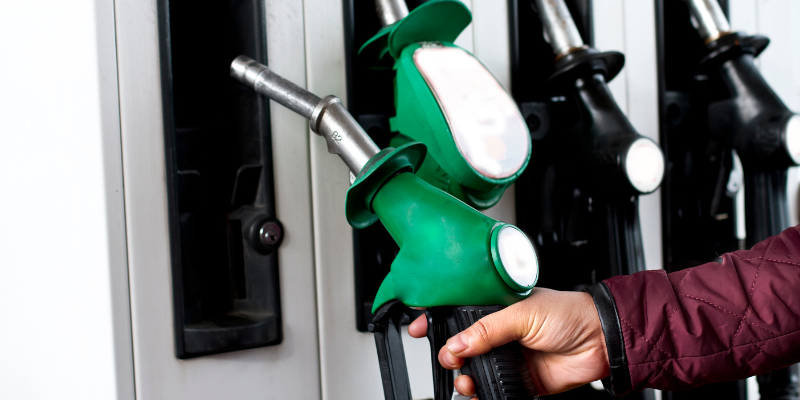There has been a noticeable shift in fuel prices in the past few months, particularly for unleaded petrol and diesel. After experiencing a downward trend since the beginning of the year, fuel prices have recently stabilised and even risen.
Diesel prices have witnessed a considerable decline, falling from 163 pence per litre (ppl) at the start of the year to 145ppl, indicating an 11% reduction. Surprisingly, larger supermarket chains were slow to adjust their prices, and the smaller brands initially led the decrease. However, Asda has once again emerged as the supermarket with the lowest fuel prices. Membership company Costco has the lowest average diesel price of any brand. Notably, both Asda and Costco exhibit greater consistency in their pricing across the country than other brands.
Shell and bp have been identified as having the highest average prices, excluding motorway service stations. It is important to recognise that pricing at certain bp and Shell forecourts may be determined by individual site owners rather than the brands themselves. Consequently, the price variation among their forecourts tends to be higher.
Unleaded Price Changes
Unleaded petrol prices have also experienced a decline throughout the year, at a more gradual pace than diesel. Starting from slightly over 149ppl at the beginning of the year, the current price is around 142ppl, representing a reduction of nearly 5%. The variation in prices among different brands and sites has been relatively consistent.
Similar to the diesel scenario, Asda remains the frontrunner among supermarkets in terms of offering the lowest prices for unleaded petrol. However, on average, Harvest Energy slightly undercuts Asda’s prices. Meanwhile, Costco continues to offer the best overall value for those holding a membership card.

The State of the Market
So, what does all this mean? The decrease in fuel prices has primarily been driven by a drop in crude oil prices and intensified competition among providers. However, the reduction at the pump did not align with the rapid decline in crude oil prices earlier in the year. Only 35% of the diesel pump price is directly related to the refined oil product, with 53% comprising VAT and excise duty, 3% attributable to renewables, and the remaining 9% divided between transport costs and retailer margins.
Prices cannot continue to decline indefinitely, and they appear to have stabilised both at the pump and in terms of crude oil prices in the short term. Currently, crude oil is trading at around $77 per barrel, having reached a low of $72 per barrel earlier this month. To put this into perspective, crude oil began the year at $86 per barrel, resulting in an overall decrease of 11%. These figures can provide an indication of the potential direction of pump prices in the future.
The reduction in price variation among brands and regions is positive news for drivers, as it promotes more consistent pricing across the board. Nonetheless, there are still opportunities for significant savings within short distances and across different brands. For instance, on average, Asda offers a 5ppl price advantage over bp, resulting in a savings of £3 on a single tank of fuel.
As fuel prices continue to change, it is essential for consumers to stay informed and consider their options to make the most cost-effective choices at the pump.
Filled up with diesel at Asda Llanelli 137.9, now back in Bude 149.9 at Morrisons.
Went to Tesco Durham Price on sign 132.9 by time I had got to pump the price had changed to 135.9.
Sainsbury’s in Dungannon has raised their diesel prices from 131.9 to 140.9 in under a week.